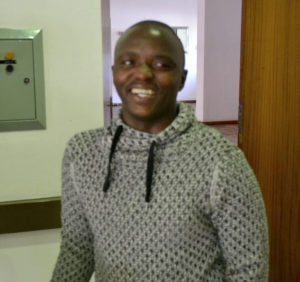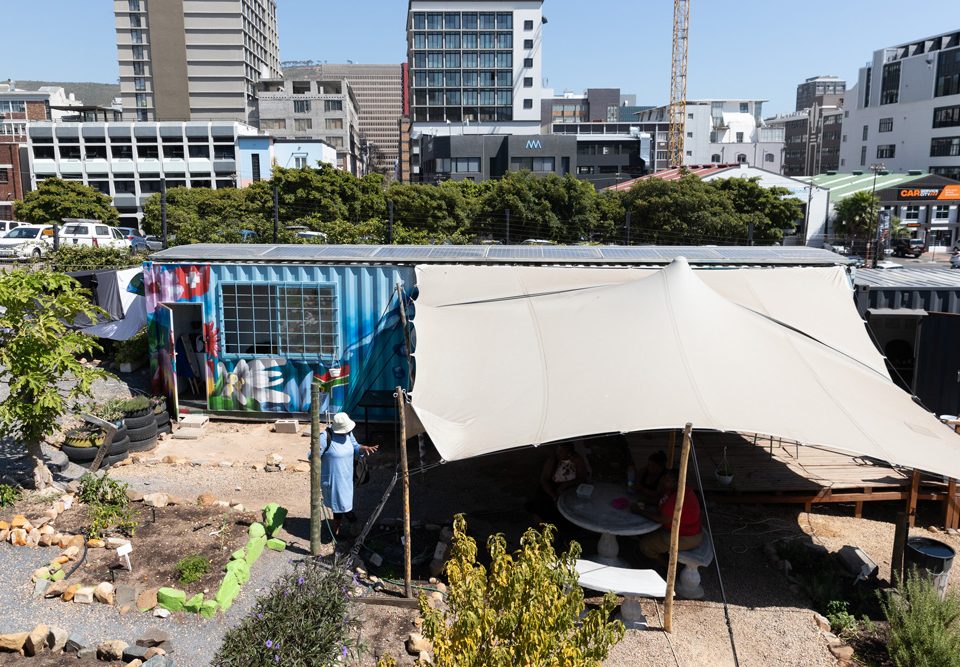
Baker takes the biscuit with bag recycling plan
October 12, 2016
Cape to Rio row for SA’s eco warriors
October 24, 2016

Getting around to the children who can’t
Close to half a million children with disabilities don’t attend school in South Africa because of the daily learning and mobility challenges they face — something a university student from the Eastern Cape is working to change by overcoming his own physical limitations and proving the sky is the limit.
The South African Department of Basic Education estimates as many as 489 036 school-aged youngsters with disabilities don’t attend any school at all. Of these, about two thirds report severe disabilities, according to the 2013 General Household Survey.

Fikile Ngcani wants to inspire these students and give them hope of an education. The second year University of Fort Hare commerce student walks using aids and can only use one of his hands, yet he’s managed to inspire a campus and the nation.
Ngcani recently won R40 000 in a national student campaign called #JutaPayItForward — one of five students nominated across South Africa because of their leadership qualities and power to provoke change.
“If we people can support each other like you did to me, we can remove the unremovabla [sic], we can shake the unshakable and take South Africa forward,” Ngcani posted to his Facebook page shortly after the award presentation.
He will buy a motorised chair to help him get around campus, he said.
The scholarship programme was administered by publishers at Juta Academic, who sought to find “stories from students who have fought through difficult circumstances to find success and put together…campaigns that benefit students”, according to the company’s marketing manager, Mabel Mnensa.
Ngcani was nominated by Dr Chinyamurundi who said the young man acted as a champion for mobility rights and the benefits of hard work. He won the prize based on votes from social media users.
“He is a defender of other physically challenged students on campus,” said Dr Chinyamurundi. “On one occasion I noticed that Fikile was late for class…not his usual smiling self. After class, I requested him to stay behind and inquired what was wrong. Fikile told how he had not slept in an effort to finish off an assignment.”
Typing the 4 000-word assignment with one hand was no easy feat, Ngcani explained, and a simple example of the daily obstacles he faces in the academic environment.
Yet slow and steady wins the race, said Ngcani, who plans to finish his studies at all costs.
“My footsteps may be slow, but I will get there. I may take longer in doing things, but I will get things done.”




